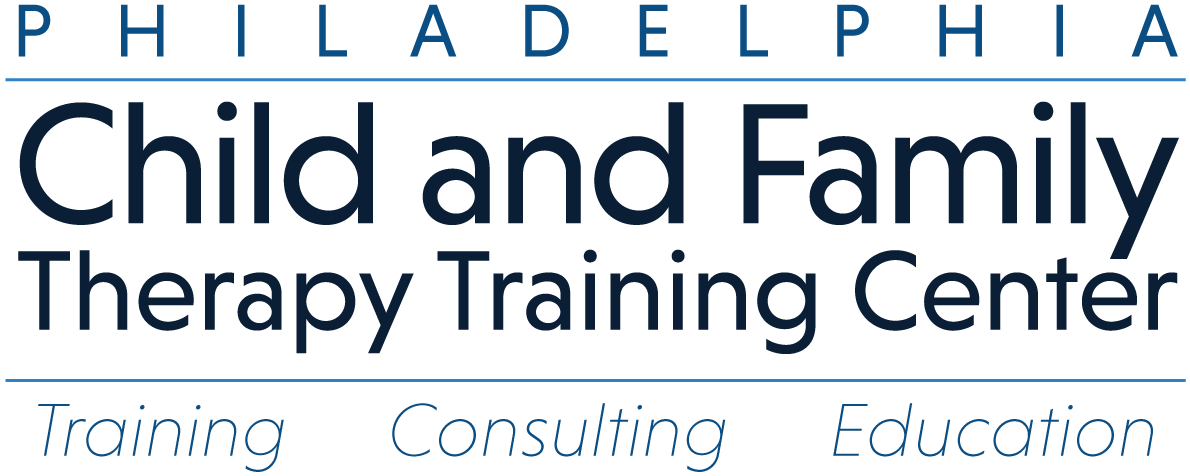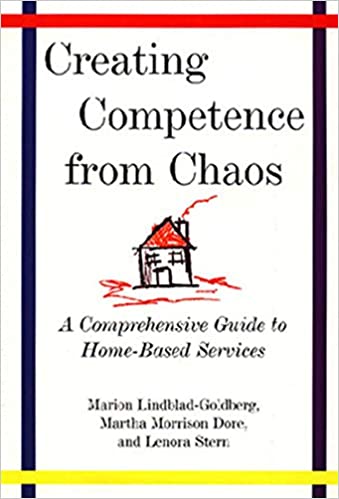
As systemic family therapists, we are deeply invested in the well-being of our clients. However, every therapist faces moments of doubt—wondering whether their interventions are effective or if they are truly facilitating change. The fear of ineffectiveness can be daunting, but professional development provides the tools and confidence needed to refine our methods and improve client outcomes.
The Challenge of Stagnation
The evolving nature of family dynamics and mental health challenges means that therapeutic approaches must also evolve. Without continuous learning, therapists risk falling into patterns that may not fully address the complexities of their clients’ needs. Ineffectiveness can stem from outdated techniques, a lack of new insights, or difficulty adapting to diverse family structures and experiences.
How Professional Development Bridges the Gap
Engaging in ongoing training, workshops, and peer consultations allows therapists to:
- Stay Updated on Best Practices – Evidence-based approaches are always advancing. Professional development ensures therapists stay informed about the latest techniques, such as Ecosystemic Structural Family Therapy (ESFT) or trauma-informed care.
- Enhance Clinical Skills – Through supervision and training, therapists can refine their interventions, improve their assessment strategies, and apply systemic principles with greater precision.
- Boost Confidence in Treatment Approaches – Learning from experienced professionals and engaging in case discussions help therapists feel more assured in their ability to navigate complex cases.
- Increase Positive Client Outcomes – When therapists grow, so do their clients. A well-trained therapist is better equipped to foster meaningful change in families, leading to improved relationships and emotional well-being.
Making Professional Growth a Priority
Therapists should seek out continuing education opportunities, participate in peer networks, and remain open to feedback. Investing in professional development not only enhances therapeutic effectiveness but also ensures clients receive the highest quality of care.
At PCFTTC, we offer training programs designed to equip therapists with the skills needed to succeed. Let’s commit to lifelong learning, so we can continue to create positive, lasting impacts on the families we serve.
How do you stay engaged in professional development? Share your experiences below!



Leave a Reply